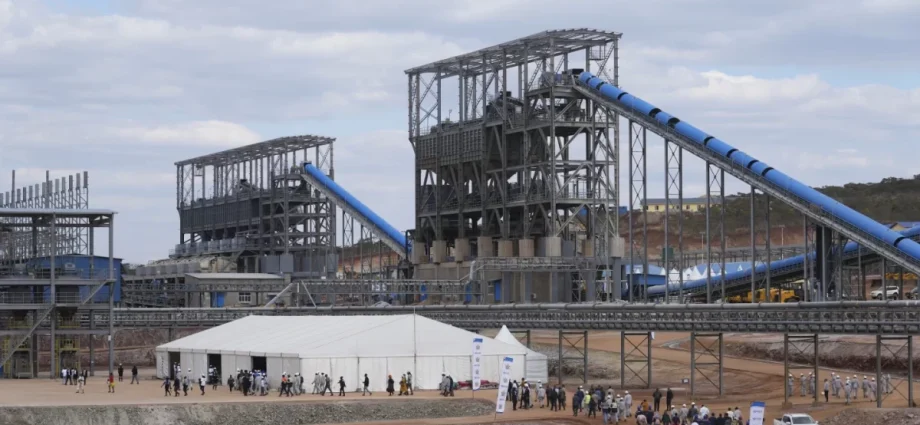HARARE – In a bid to support the struggling lithium industry, Zimbabwe has relaxed its previously strict requirements for miners to process lithium locally, a government official confirmed on Thursday. The move comes as the global lithium market grapples with a sharp price slump, impacting producers in the country.
Zimbabwe, Africa’s top lithium producer, had initially set a deadline for March 2024, demanding miners to submit plans for local battery-grade lithium production. However, following a dramatic price drop—over 80% in the past year—due to an oversupply from China and falling demand for electric vehicles, the government has adopted a more flexible stance.
Lithium prices have been significantly affected by factors such as overproduction from China and reduced electric vehicle demand. The downturn has forced major players, including Chinese battery giant CATL, to halt production at certain mines. Meanwhile, Albemarle, the world’s largest lithium producer, implemented a second round of cost reductions and worker layoffs.
As the price slump continues, miners in Zimbabwe, including Sinomine Resource Group’s Bikita Minerals, are facing the dual challenge of low prices and a challenging operating environment marked by infrastructure issues, currency instability, and shifting policies. As a result, companies have been forced to cut production and lay off workers.
Deputy Mines Minister Polite Kambamura said the government would now take a more flexible, case-by-case approach to lithium processing requirements. “We are considering each case individually, factoring in the level of investment already made in the country,” he explained.
Chinese companies such as Sinomine, Zhejiang Huayou Cobalt, Chengxin Lithium Group, Yahua Group, and Canmax Technologies have invested over $1 billion in Zimbabwe’s lithium projects in the past three years. Kambamura mentioned that some companies had begun operations months before the March deadline, signaling their commitment to the country’s mining sector.
Sinomine, for instance, has plans to invest up to $500 million to build a lithium sulfate plant at its Bikita mine over the next five years. Meanwhile, Huayou is conducting feasibility studies for a similar plant at its Arcadia mine.
While acknowledging the industry’s struggles, Kambamura expressed optimism for the future. “We understand the prices are low, but they are starting to stabilize. With upcoming projects on the horizon, the environment is looking more favorable,” he said, signaling a willingness to engage with miners and support the sector’s recovery.
As Zimbabwe navigates the challenges facing its lithium industry, the government’s revised approach could help sustain the momentum of this critical sector, paving the way for future growth and investment.















